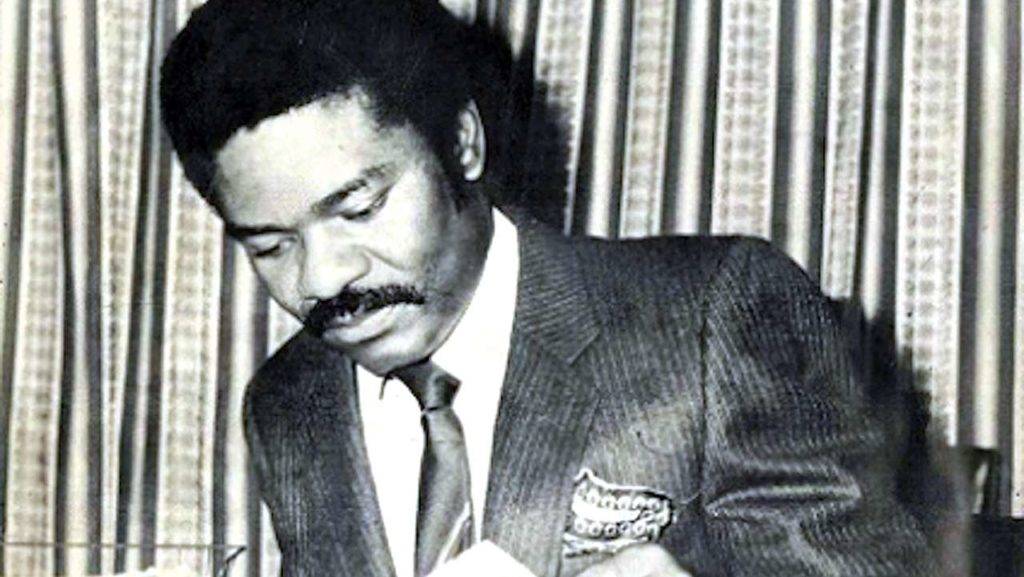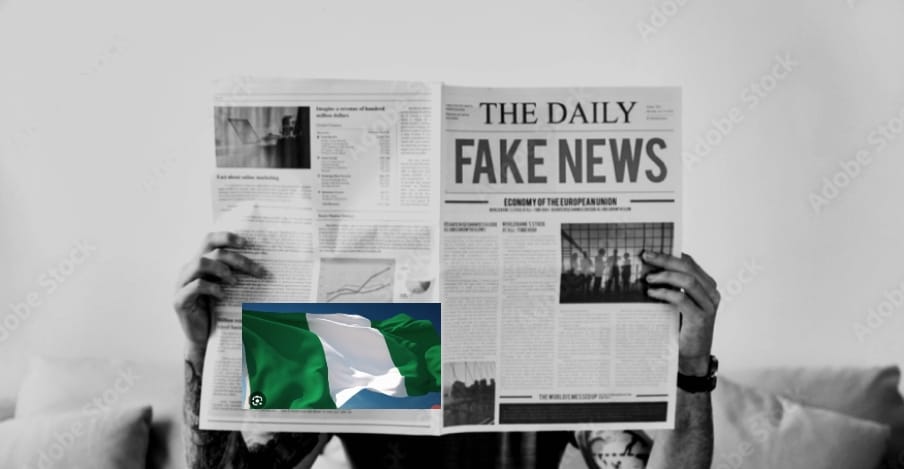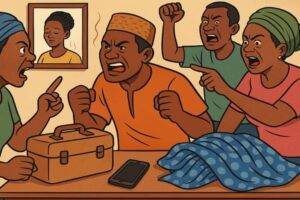The ENDSARS Protest and the Role of Nigeria’s Fake News
Nigeria’s Fake News has had devastating consequences, as exemplified by the ENDSARS protest. Commencing this discussion with the ENDSARS protest, a deluge of misinformation inundated the nation, threatening to plunge the country into chaos. This tidal wave of falsehoods not only resulted in the tragic loss of lives but also left a trail of destruction in its wake, with properties vandalized and communities torn apart.
A significant portion of the youth population, who were at the forefront of this protest, found themselves ill-equipped to make well-informed decisions due to the abundance of false information. Nigeria’s Fake News, false narratives, rumors, and deceptive claims clouded their judgment, potentially diverting the movement’s objectives. This section delves into the profound impact of Nigeria’s fake news during the ENDSARS protest, shedding light on the far-reaching implications it had on Nigerian society.
Amidst this backdrop, the consequences of the proliferation of Nigeria’s Fake News on the ENDSARS movement go beyond immediate events. It has raised crucial questions about the role of information dissemination, media literacy, and the responsibility of social media platforms in a digital age. Additionally, it underscores the need for a robust fact-checking mechanism and increased public awareness to safeguard against the harmful effects of Nigeria’s Fake News and detrimental misinformation on society and activism.
President Tinubu’s Certificate Forgery Allegations
Coming to the recent days, the allegations of certificate forgery against President Tinubu have taken center stage in Nigerian politics, mirroring the chaos caused by the ENDSARS protest. Misinformation surrounding Tinubu’s Chicago State University certificate status has been persistently circulated, aimed at discrediting the government or Nigeria as a whole.
Therefore, the implications of these allegations through Nigeria’s Fake News and questions whether this can be seen as a desperate attempt to weaken democracy in Nigeria.
The Role of Media in Fact-Checking and Pursuing The Truth
British Broadcasting Corporation (BBC) Fact-Checking Tinubu’s CSU story as Another Nigeria’s Fake News
In the midst of the certificate forgery allegations, reputable media outlets like the British Broadcasting Corporation (BBC) have stepped in to investigate the authenticity of the claims. This section discusses the role of media in fact-checking and highlights the findings of such investigations. For example, the final submission of the BBC’s report is clear: “Bola Tinubu diploma: No evidence Nigeria president forged college record,” This report brings a new perspective to the ongoing debate and declaring popular notion pushing that Tinubu forged his certificate as another Nigeria’s Fake News
Flash-Back: The Washington Post:
The Washington Post has a storied history of pursuing the truth through investigative reporting. A notable example is their extensive coverage of the Watergate scandal in 1972. The newspaper’s relentless pursuit of facts, coupled with its collaboration with investigative reporters Bob Woodward and Carl Bernstein, played a pivotal role in exposing political corruption at the highest levels of government. This groundbreaking reporting not only led to the resignation of President Richard Nixon but also showcased The Washington Post’ unyielding commitment to holding those in power accountable and safeguarding the public’s right to know the truth.
Dele Giwa: Newswatch magazine
Returning to Nigeria is a story that many young Nigerians today may not know. It’s about the courageous journalist, the late Dele Giwa, who paid the ultimate price in his unwavering pursuit of the truth. Co-founding Newswatch magazine in 1986, Giwa was renowned for his fearless investigative reporting. Notably, his investigation into corruption within the Nigerian government, specifically regarding unsuitable military vehicle imports, sparked significant public outrage and calls for government accountability.

Tragically, Giwa’s pursuit of the truth led to his demise when a parcel bomb was delivered to his residence in October 1986. His story serves as a poignant reminder of the tremendous risks that brave journalists are willing to undertake in their unwavering commitment to journalistic integrity and transparency.
The Political Motives Behind Nigeria’s Fake News
Alhaji Atiku Abubakar’s involvement in the certificate forgery allegations raises questions about the political motives behind such claims. His media assistant, Phrank Shuaib, clarified that Atiku’s aim was not to confirm President Tinubu’s graduation from Chicago State University but to cast doubt on the certificate presented to the Independent National Electoral Commission (INEC). This section delves into the underlying political strategies and motivations driving these actions.

Unfortunately, as a colleague (FPM) put it, in a recent article discussing in a recent article discussing Nigerians Self-Destructive Mission stated that “Atiku Abubakar and Peter Obi, both of whom were presidential candidates in the last election against Bola Tinubu, and their supporters, have not openly admitted to Nigerians, that their motivations extend far beyond seeking the truth… Instead, it appears that their mission is driven by a complex interplay of selfish egos, resentment, spite, and personal vendettas, all aimed at toppling Tinubu at any cost, even if it means risking the stability of the entire nation”.
Restoring Sanity and Focusing on Governance
The pervasive influence of fake news within Nigeria’s political sphere is a worrisome issue demanding swift action. Not only does it sow division within the society, but it also serves as a significant distraction from the crucial work of governance. As allegations of certificate forgery continue to strain the nation’s unity, the responsibility lies with esteemed institutions like the Supreme Court to provide much-needed clarity. Such resolution would enable the nation to channel its energy into improving the well-being of its citizens. In this context, this article emphasizes the urgent imperative of combatting fake news and misinformation, aiming to restore integrity to Nigeria’s political landscape and facilitate effective governance.
Additionally, it’s worth noting that fake news and misinformation can have severe consequences, including inciting violence, undermining trust in institutions, and hampering the decision-making process within the political system. Addressing these challenges requires a multi-faceted approach involving media literacy, responsible journalism, and technology platforms’ accountability, as well as a commitment from the government and relevant authorities to ensure a fair and transparent resolution of issues like certificate forgery allegations.
Table of Contents
Discover more from OGM News NG
Subscribe to get the latest posts sent to your email.














